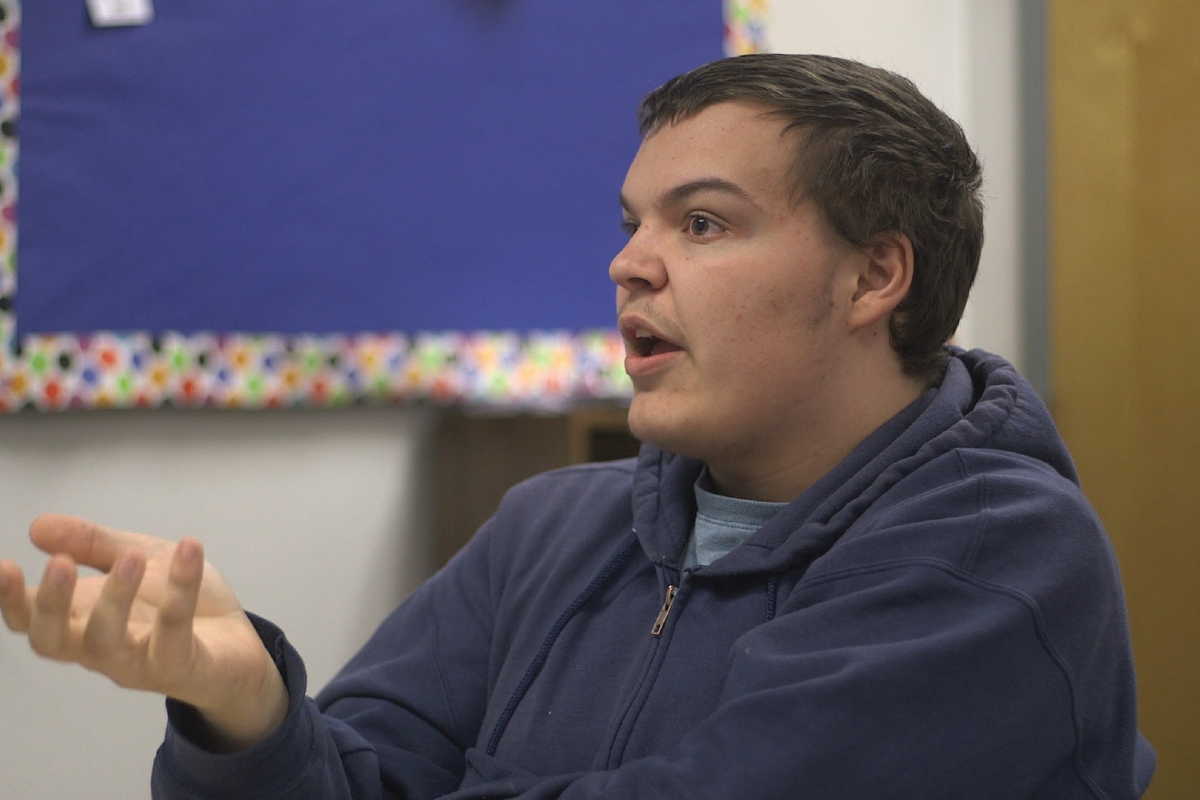
How Games and Play Support Transformative Civic Engagement in Teens
Games help teens connect, reflect, and imagine. Here’s how they can support young people in building the social and emotional skills to co-create together and be responsible, civically engaged members of society.
The teen brain is magnificent, and youth-led efforts to organize and realize gun safety, climate action, and reparative racial justice within their lifetime attest to it.
Our work as adults who care about young people is to meet them where they are developmentally and shower them with experiences that build on and add to the breadth of their genius. Games engage teens deeply and can prompt the connection, reflection, and creativity needed to support them in building the social and emotional capacity to co-create transformative solutions together.
Transformative civic engagement that centers our collective well-being begins and ends with our sense of community. This definition of community widens as we deepen our understanding of ourselves, others, and the world around us. By providing a safe space to wander, learn, test, and create, games become learning environments for young people to do this. Games offer contexts where young people can explore and practice self-awareness, social awareness, responsible decision-making, navigating relationships healthily, and regulating emotions. These core social and emotional skills are civic skills that help young people be informed and responsible members of society.
At iThrive Games, we create with and for teens game-based learning experiences that support them in being in the world they'll inherit with empathy and curiosity. Our resources and the games we've co-designed and launched offer experiences that build teens' social and emotional competence in a meaningful way. In Accidental Queens' A Normal Lost Phone, for example, players are invited to explore a lost smartphone and uncover the story of who it belongs to. Players must stay in the space of curiosity to 'win' the game. In doing so, they build their social awareness of how others think, behave, and feel as they sift through the phone's content and decode what they encounter. High school students who've played the game while using iThrive Curriculum: Sam's Journey in their classrooms have remarked on the transformative learning that comes from the game's immersive storytelling and the investigative lens players put on while working through it. After playing the game, one high school senior shared, "We had a long discussion about our original perceptions of people. This just completely changed my understanding. It made me feel a certain way. It made me think a certain way."
This approach of using play as an avenue for young people to practice core social and emotional skills is also enlisted in our iThrive Sim collection of games. Like A Normal Lost Phone, iThrive Sim role-playing games enable embodied learning that nurtures young people's change-making abilities. Young people are invited to play as government officials who must gather information sent in real-time, analyze it, and think critically about alternatives and consequences before making decisions in times of crisis together. Teens who've played through an iThrive Sim game try on new perspectives and get needed practice as they embody the self-management that negotiation and compromise require, learn to honor dissent, and strengthen their ability to make responsible decisions in collaborative settings. These faculties are central to a well-functioning society.
Games mirror our world and have the capacity to ignite new possibilities in it and in the young people who play them. We see games not only as valuable tools for social and emotional learning but also as springboards for knowledge-building and knowledge-sharing. At this year's Games for Change Festival, iThrive's Executive Director and Chief Scientist Susan Rivers will be continuing the conversation with a virtual session titled, 'Designing Games for Civic Skills: The Power of Creation.' There, she'll be diving into how iThrive's Game Design Studio approach uniquely supports systems thinking in young people through game design, helping them magnify their civic voice, and co-create solutions to challenges in their communities. Register to tune in on Saturday, July 16 at 2:30 p.m. EDT and be a part of the discussion!


